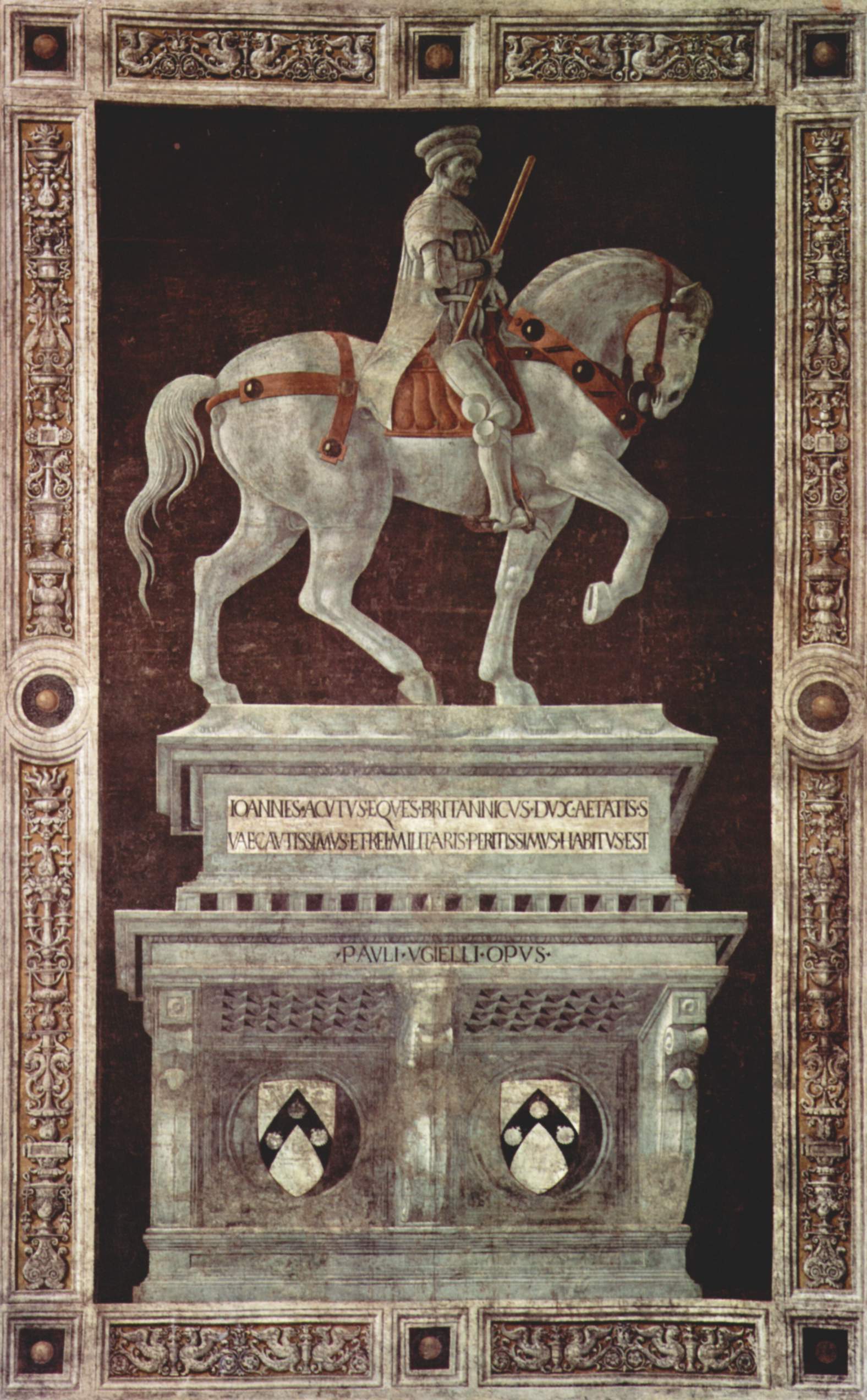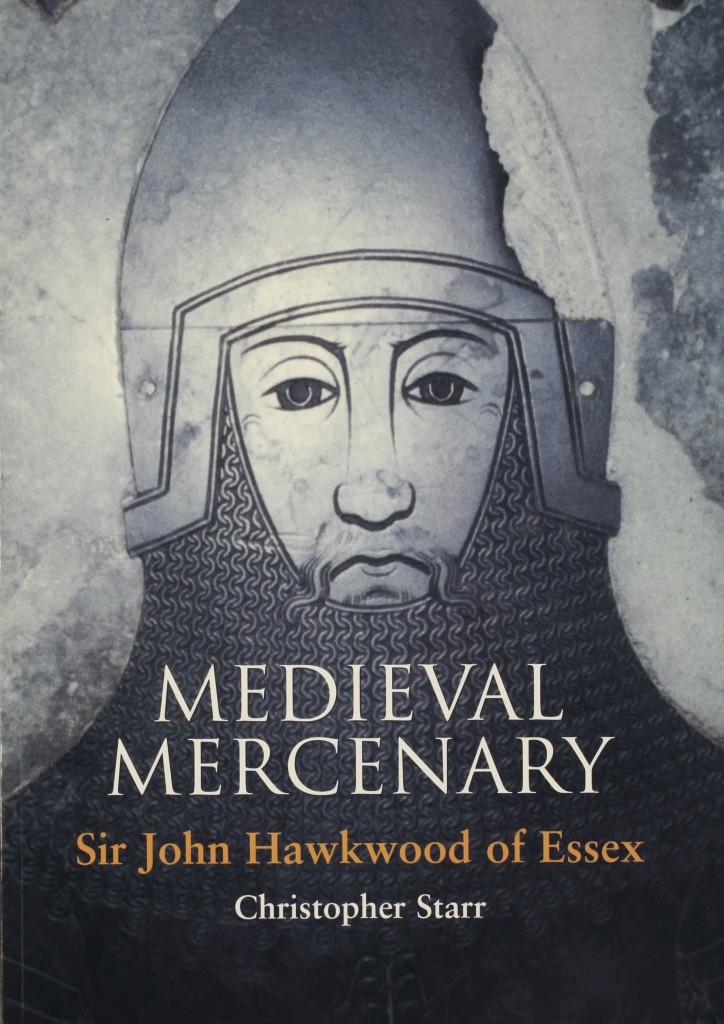There’s not long to wait now until the forthcoming ERO Conference, The Fighting Essex Soldier: Recruitment, War and Remembrance in the Fourteenth Century.
While there will be talks on the participation of Essex men in the running of the county, the king’s wars in Scotland, France and Ireland, along with on the seas and mention of the Peasants’ Revolt, we just do not have the time to talk about those men who fought on after peace was declared.
Many of the soldiers who had fought for Edward III, perhaps over the course of many years in successive campaigns, did not necessarily find the idea of going home an attractive proposition. Skills honed on the battlefields and in the garrisons of the first part of the Hundred Years War might not be welcomed back home in Essex, while the opportunities for rape and plunder at home were much more limited than on the continent.
For those willing to take a chance and stay on in Europe there were openings for continuing to fight on in various countries, not least France and Italy. One of these men – and perhaps the most famous of them – was Sir John Hawkwood (d. 1394) of Sible Hedingham. He almost certainly took part in the wars of Edward III up to 1360 but in what capacity is unclear. Possibly he may have fought at Crécy (1346) and Poitiers (1356) but he came to prominence later as the most famous condottiere (a professional military leader or captain) in Italy of his day. Sir John is even commemorated by a fresco in Florence Cathedral.

Funerary Monument to Sir John Hawkwood by Paolo Uccello (1436)
While we do not have time for a paper on him during our day, the ERO has published a book by Dr Christopher Starr about him. This richly illustrated book places Hawkwood in an Essex context, showing his descent from villain ancestors, his network of gentry and aristocratic connections and the eventual dispersal of his accumulated estates. The intriguing history of Hawkwood’s mysterious tomb at Sible Hedingham is also uncovered for the first time.
Available in person from the ERO Searchroom for £9.99, or remotely for £13.49 (including p&p within the UK cheques made payable to ‘Essex County Council’ or by credit/debit card over the phone – 01245 244644), this is a wonderful introduction to a remarkable Essex character. Why not treat yourself to a copy?
The Fighting Essex Soldier: War Recruitment and Remembrance in the Fourteenth Century
Saturday 8 March 2014, 9.30am-4.15pm
More details here
One of our speakers, Dr Jennifer Ward, has also curated a display of fourteenth-century documents from our collections to accompany the conference which will be in the Searchroom from January-March.

